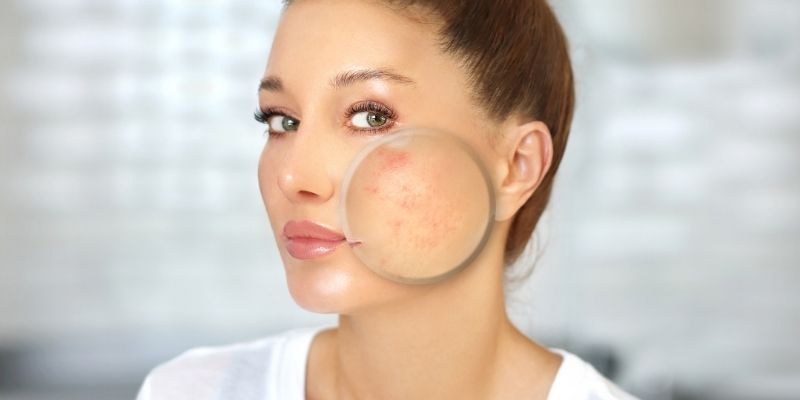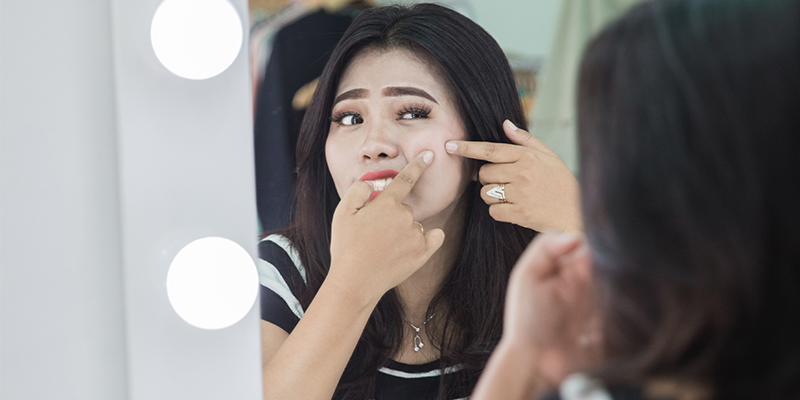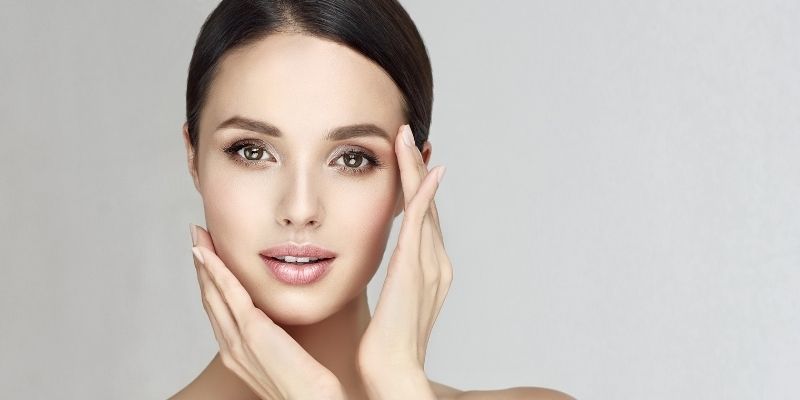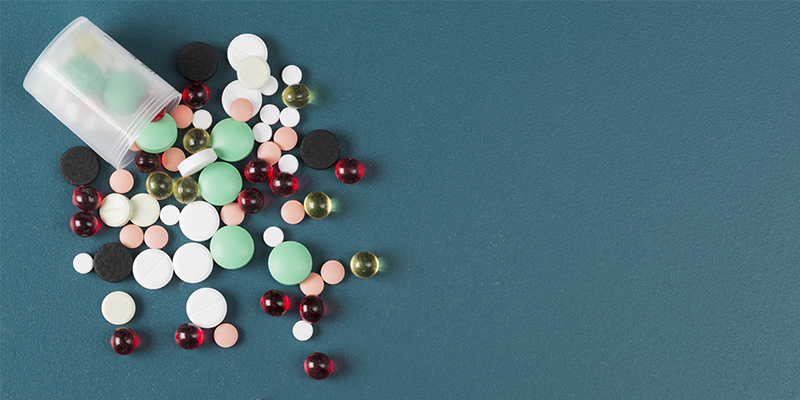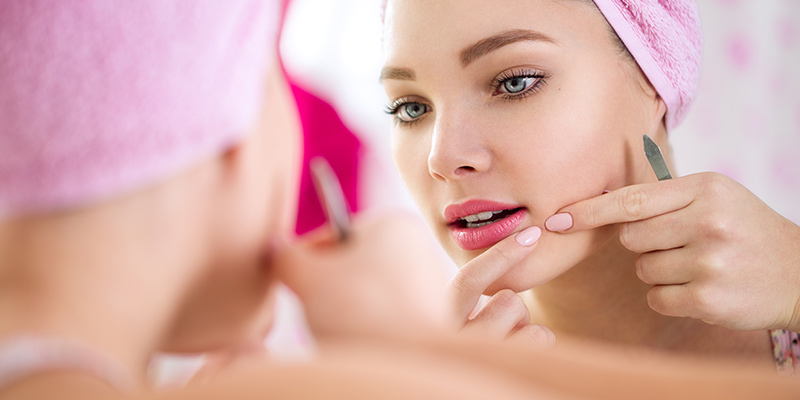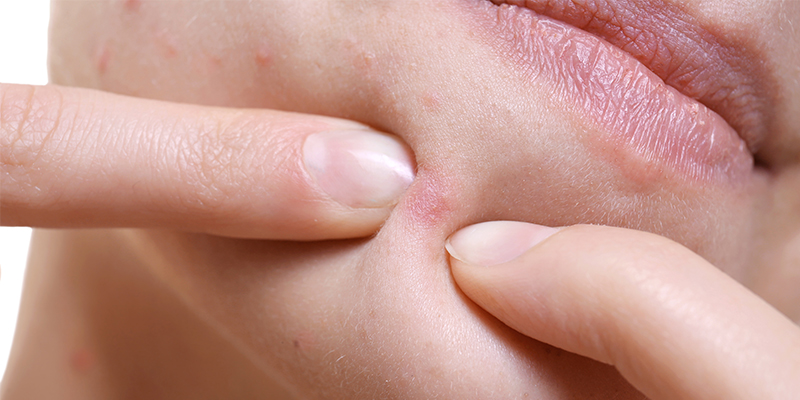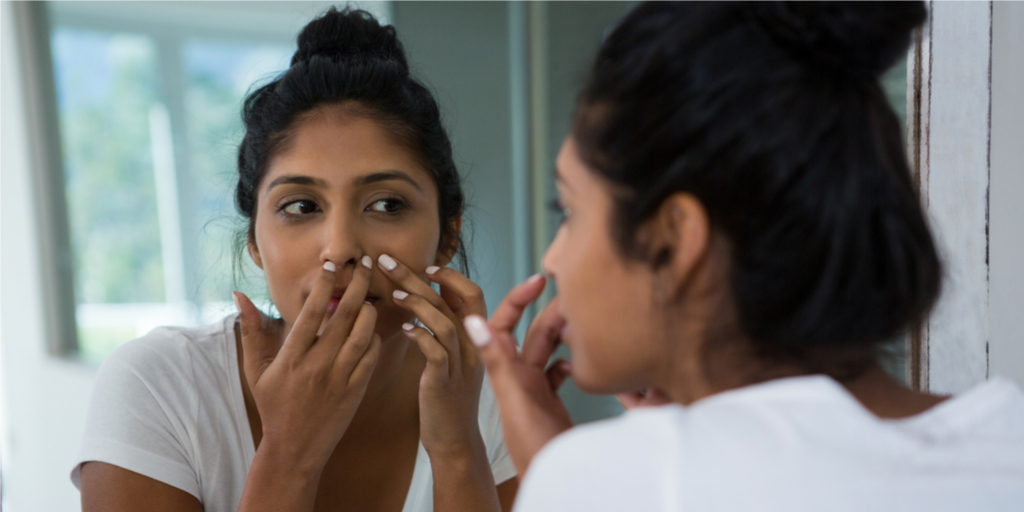What Is The Best Medication For Adult Acne?
There are many products on the store shelf for acne that claim all kinds of promises, but fail to fulfil any. Pimples can be treated through various methods – change in diet, exercising regularly, using proper skin care routine, avoiding the sun, etc. But, what happens if the acne is stubborn and refuses to heal? In such cases, the most ideal solution is to visit a dermatologist and get a prescription for suitable medicines for pimples.
How To Select The Best Acne Product?
Making a decision while choosing the right pimple medication can be daunting and difficult. Using incorrect products can lead to scarring, increased acne flare-up, clogged pores, and dry skin. While selecting acne medication, it is important to remember certain tips –
- Use a topical cream that contains salicylic acid or retinol.
- Do not consume oral acne medication without the prescription of a dermatologist.
- Use products that do not clog pores, i.e., non-comedogenic. Wear makeup and sunscreen that are non-comedogenic as well.
- Always do a patch test before using the acne products like creams and face wash. You can do a patch test behind your earlobe or on the inside of your wrist.
- If the pimples do not show any sign of improvement over the course of 6 weeks, it is best to visit a dermatologist for professional treatments.
List Of Prescription Acne Medications
While using any form acne medications, there are certain ingredients to look for. Here is a list of beneficial ingredient that works successfully in controlling and healing acne. They are regarded as the best tablets for pimples by dermatologists.
Must Read: Safe &Effective Treatments For Pimples
Topical Anti Acne Medications: They are cream, tonics, lotion or gels that are applied externally to the skin to reduce and control acne. They are formulated with different ingredients depending on the type and severity of acne. Topical solutions are often prescribed as medicines for pimples on face.
- Topical retinoid medicines, such as Tretinoin (Retin-A), Adapalene (Differin), and Tazarotene (Tazorac) – Helpful in unclogging pores, reducing acne breakouts, and help in better absorption of other creams.
- Azelex (Azelaic acid) – Helpful in killing acne bacteria, reducing acne rosacea, and destroying keratin (a natural substance that leads to acne).
- Salicylic acid – Helpful in removing the external layer of skin and acne.
- Clindamycin and Triaz (benzoyl peroxide) – Helpful in killing acne bacteria and preventing it from spreading.
- – Helpful in treating severe acne.
- Stridex – Helpful in treating mild and moderate acne.
These medications are available in different forms like face wash, cream, gel, soap, ointment, cream, cleanser, body wash and capsules.
Oral Medications For Acne: Oral medicines are pills/tablets that must be taken ingested. Intake of such medicines has helped in severe acne as well as stubborn body acne.
- Clindamycin – Helpful in treating bacterial infection and acne.
- , Erythromycin, and Tetracycline – These are antibiotics, and are helpful in killing the acne-causing bacteria and thus reducing acne.
- Isotretinoin (oral retinoid) – Helpful in treating severe acne and pimples on the body.
- Estrostep, Ortho Tri-Cyclen, and Yaz – They are estrogen pills (low-dose birth control pills) and are used to balance hormones in women. They help in preventing premenstrual flare-ups and mild/ moderate acne.
- Spironolactone – They are androgen blockers; useful in treating acne due to hormonal imbalance and they also help decrease sebum production.
Recurring acne breakouts are difficult to control with the majority of cases requiring oral medicines. The oral medication works from the inside to control acne and improve skin health. Pimples can also occur on other parts of the body where topical pimple medicine creams are insufficient. Intake of oral medicines works on all parts of the body.
Must Read: How To Get Rid Of Pimples?
How To Use Them?
During your trip to the dermatologist, he/she will assess your acne and prescribe the medicine accordingly. Usage of medicine depends on various factors –
- Type of acne – Blackheads, whiteheads, and random pimples scattered across the face will need mild care, whereas severe acne that includes cysts, pustules, papules, and nodules will need both topical and oral medication.
- The severity of acne – Acne can occur in Mild, Moderate, and Severe forms. Depending on the severity, the dermatologist will suggest the type of medicine (oral/ topical), usage (frequency of medicine), and dosage (strength of medicine).
- Part of the body – If the acne is all over the body, oral medicines are mandatory to control and treat acne.
Type Of Pimple Medicine
- For oral medicine for pimples, it might be a ‘once a day’ pill, weekly pill or even multiple pills are taken at different times in a day.
- Topical treatment can vary depending on the severity of acne. Different types of acne will require different creams to counteract the acne. The best suggestion would be acne cream by a dermatologist.
- Acne management treatment like laser therapy, chemical peels, acne extraction, microdermabrasion, etc. are performed by experts. They are usually done once a month or even once in six weeks. This, again, depends on the type of cosmetic treatment.
Known Side Effects Of Acne Medications
Medicated Creams: All prescribed pimple treatment medicines are certified and dermatologically approved. But, every type of treatment will come with its own set of pros and cons.
Pros
- They unclog pores, and they are good for treating blackheads and whiteheads.
- They can make pores appear smaller.
- Anti-acne topical creams can also be used as an anti-ageing treatment.
- The antibiotic present in the creams helps kill bacteria which aids in keeping the acne under control.
Cons
- There can be dryness and some amount of flaking. However, this is easily reversible by applying a gel-based moisturizer.
- Sensitive skin can develop an allergic reaction. If the cream is unsuitable, you can always opt for another anti-acne cream.
Oral Medications
Pros
- It helps with hormonal acne and cystic acne (especially for women who suffer from PCOS).
- Oral medicine is beneficial when it comes to body acne like acne flares on your back.
- It shows faster and more efficient results.
Cons
- Allergy is the most prevalent side effect. It can cause rashes and bumpy red skin to a life-threatening allergic reaction. Ask for another type of medicine if you develop an allergy.
- It can make your skin photosensitive (skin can get sunburnt if exposed to the sun). Try taking the pill in the evening as opposed to the morning; this will reduce the chances of sunburn.
- Anti-acne oral medication can cause gastrointestinal disturbances. Constipation or diarrhoea, nausea, and flatulence are some of the symptoms.
How To Get Better Results?
Your dermatologist might advice any of the procedure –
- Drainage And Acne Extraction – Acne extraction is a treatment when the dermatologist drains and extracts pimples, blackheads, and whiteheads. The pores are cleaned from dirt, pus, dead skin, and fluids. This helps to reduce acne and infection. Antibiotics or steroids can be injected to reduce the risk of scarring and to speed up healing.
- Laser Therapy – Laser light has shown a positive effect in reducing bacterial growth as well healing acne scars. It also helps with acne infection.
- Chemical Peels & Microdermabrasion – Both treatments remove the upper layer of skin, thereby getting rid of dead skin, blackheads, and whiteheads. Again, they are efficient at eliminating acne scars and reducing dark pigmentation.
Must Read: How Does A Chemical Peel Help In Treating Acne?
Acne is a troublesome stalker that refuses to leave you alone. The best way to effectively treat and cure acne is a medical way. Try prescribed medication for acne as advised by a licensed dermatologist and watch your skin heal and glow.






